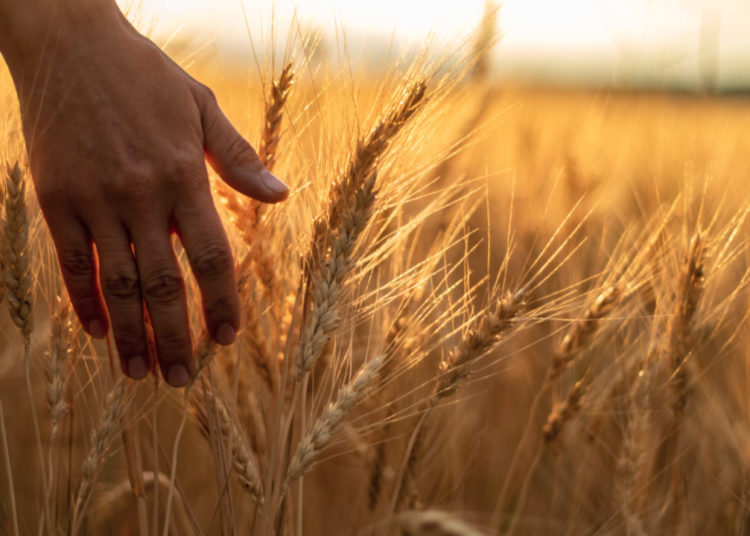Wheat remains one of the most important staple crops, providing food, feeds, and income for millions of people in the West and Central Africa (WCA) region. However, wheat production in the region is very low, despite the growing demand for wheat products annually.
To close the deficit, stakeholders in the wheat value chain in the WECA region have joined forces to upscale wheat production and its productivity.
The collaborative effort aimed to create job opportunities within the local wheat value chain and fortify food sovereignty across the sub-region.
They have advocated for an inward-looking approach to sustainable wheat production given the “weaponisation potential of wheat” in the international politics.
WECAWheat Regional Network Coordinator, Prof. Benjamin Ubi, disclosed an underway of a comprehensive roadmap that will outline strategies for upscaling investments in the wheat value chain and promote sustainable wheat sector development in the region.
Ubi said, “Wheat cultivation holds immense potential in West and Central Africa, especially with favourable agro-ecologies supporting both irrigated and rainfed production.”
Drawing inspiration from Brazil’s success story in achieving wheat self-sufficiency, stakeholders from both public and private sectors including the academia, aimed to leverage the growing political will in member-countries and the support of international partners for wheat sector transformation.
CEO of Afrobrains Cameroon, Dr. Tata Fon Emmanuel, while outlining post-harvest loss as a major challenge in African agriculture, called for reforms to overhaul the entire wheat value chain.
He emphasised the need for local technologies and competencies to address the issue.
Director, Global Wheat Programme, International Maize, Wheat Empowerment Centre, Kevin Pixley, said that new varieties that can be more productive under higher temperatures and tolerate disease pressure as well mechanisation were needed to increase wheat productivity and sustainability to close the importation gap in WECA.
Pixley called for more profitable models and better access to improved seed through farmers community-based seed production schemes.
The former executive director, Institute of Agricultural Research (IAR), Ahmadu Bello University, Zaria, Prof. I U. Abubakar, shared insights on wheat farming challenges in Nigeria and West Africa, citing environmental limitations as a major issue.
Prof Abubakar suggested that government policies should focus on enabling farmers to achieve high yields, rather than relying on subsidies to increase food production and address the food security crisis.
He also proposed an innovation platform to support farmers, millers, marketers, and transporters in the value chain.
We’ve got the edge. Get real-time reports, breaking scoops, and exclusive angles delivered straight to your phone. Don’t settle for stale news. Join LEADERSHIP NEWS on WhatsApp for 24/7 updates →
Join Our WhatsApp Channel









